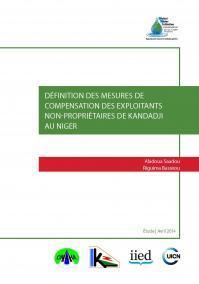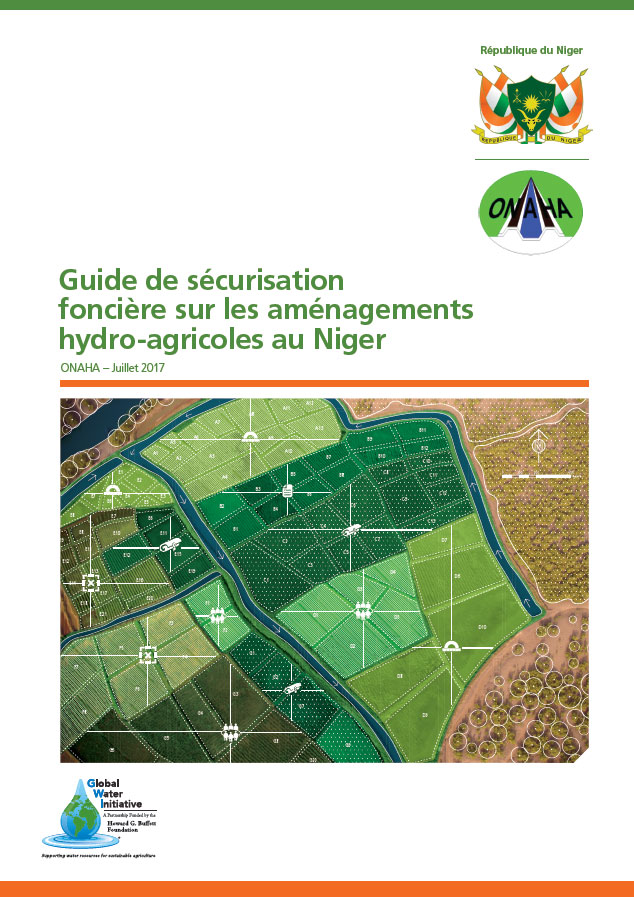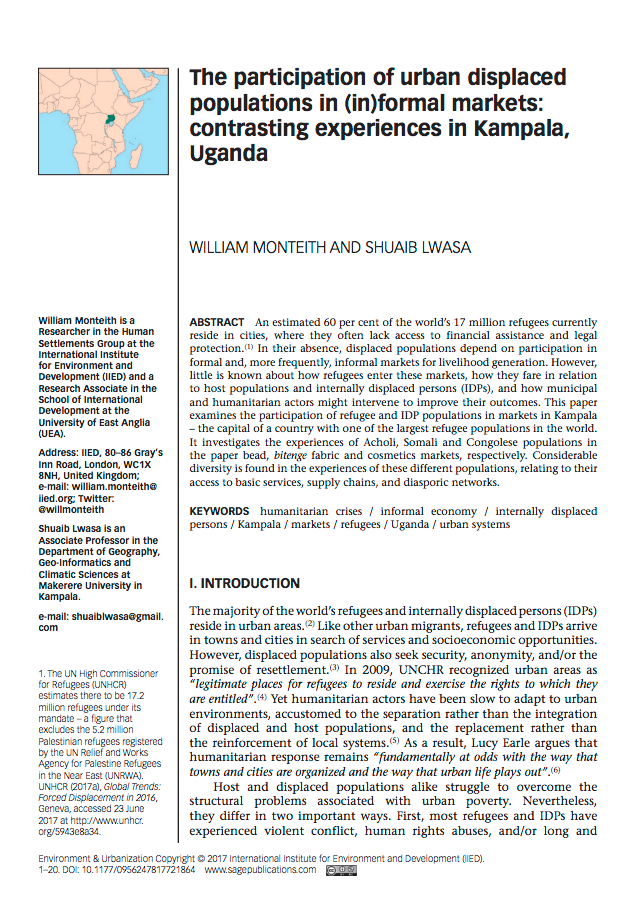Focal point
Location
Mission
Our mission is to build a fairer, more sustainable world, using evidence, action and influence in partnership with others.
Who we are
IIED is one of the world’s most influential international development and environment policy research organisations. Founded in 1971 by economist Barbara Ward, who forged the concept and cause of sustainable development, we work with partners on five continents. We build bridges between policy and practice, rich and poor communities, the government and private sector, and across diverse interest groups. We contribute to many international policy processes and frameworks, including the Intergovernmental Panel on Climate Change, the Millennium Ecosystem Assessment and the UN conventions on climate change and biological diversity.
What we do
IIED carries out research, advice and advocacy work. We carry out action research — generating robust evidence and know-how that is informed by a practical perspective acquired through hands-on research with grassroots partners — and we publish in journals and maintain high research standards. We advise government, business and development agencies, and we argue for changes in public policy. We focus on bottom-up solutions, stay open to flexible, adaptable solutions and are marked by a tradition of challenging conventional wisdom through original thinking.
Resources
Displaying 91 - 95 of 367Boosting governance in Mozambique’s forests
Mozambique is Africa’s largest exporter of timber to China. Yet multiple published concerns over the sustainability and legality of that timber trade assert the rapid commercial depletion of future timber stocks, the marginalisation of local forest communities, and the loss of revenue to government estimated at US$146 million between 2007 and 2013 alone.
Defining compensation measures for non-landowning producers at Kandadji in Niger
Construction of the Kandadji dam in Niger will involve, among other consequences, the appropriation of agricultural land owned by customary holders but also in many cases sub-holdings of other non-landowners. The government offered a long lease of 50 years for owners in compensation for their expropriated property rights.
How should the State compensate for the loss of the right of use by non-landowners farming land expropriated for the development of the Kandadji dam? This study aims to answer this question and proposes the use of a 'contract of occupation'.
Guide de sécurisation foncière sur les aménagements hydro-agricoles au Niger
Le Niger compte aujourd’hui 85 aménagements hydro-agricoles (AHA), qui s’étendent sur environ 16 000 hectares et font travailler plus de 40 000 exploitants. Avec la pression démographique et la raréfaction des ressources naturelles disponibles pour l’activité agricole, l’informalité de la gestion du foncier des AHA et du statut des personnes qui les exploitent est devenue problématique.
Guide to improving land tenure security in irrigation schemes in Niger
There are 85 irrigation schemes in Niger that cover around 16,000 ha and are cultivated by 40,000 farmers. The informal status of these irrigation schemes, and their occupants, has created problems due to population growth and the increasing scarcity of natural resources. Holders of traditional land rights have challenged government decisions concerning land attributions and property rights within the schemes, and have occasionally prevented construction from proceeding.
The participation of urban displaced populations in (in)formal markets: contrasting experiences in Kampala, Uganda
An estimated 60 per cent of the world’s 17 million refugees currently reside in cities, where they often lack access to financial assistance and legal protection.(1) In their absence, displaced populations depend on participation in formal and, more frequently, informal markets for livelihood generation.







